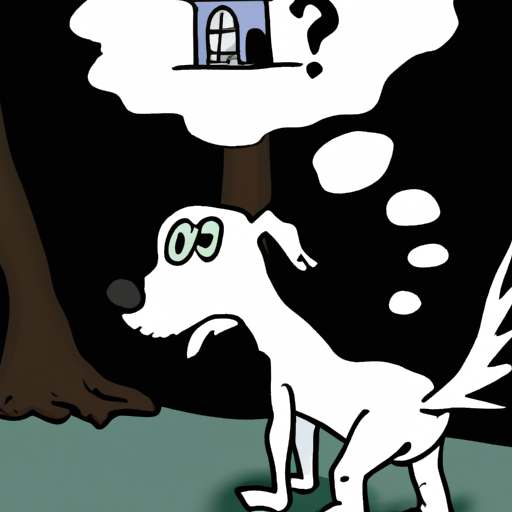Understanding Your Dog’s Fear Response
Your dog is not alone in this seemingly strange behavior. Many animals, including dogs, have ingrained fear responses that result in them urinating when they feel threatened or scared. This is a primal defense mechanism designed to dissuade predators. You might have noticed your dog peeing when they encounter a larger, aggressive dog, or during a particularly loud thunderstorm.
The Science Behind Your Dog’s Fear Urination
Interestingly, this phenomenon is not just behavioral, but physiological as well.
- When your dog gets scared, their body reacts by releasing a flood of stress hormones.
- One of these hormones, cortisol, signals the body to prepare for a ‘fight or flight’ scenario.
- This preparation includes emptying the bladder to make the dog lighter and faster, giving them a better chance to escape from potential danger.
How to Recognize and Manage Your Dog’s Fear Urination
Recognition is the first step towards managing your dog’s fear urination. Here are some common situations that might trigger this response:
- Loud noises, like fireworks or thunder
- Encounter with a larger, more dominant dog
- Unexpected changes in their environment
Once you’ve identified the triggers, you can begin to manage the situation. Here are some strategies:
- Provide a safe space for your dog during thunderstorms or fireworks.
- Gradually expose them to their triggers to desensitize them.
- Consult a veterinarian or a professional dog trainer for advice and assistance.
The Role of Training and Socialization in Preventing Fear Urination
Training and socialization play a crucial role in preventing fear urination. The earlier you start, the better.
- Regular socialization helps your dog get used to different situations and environments.
- Positive reinforcement training can build confidence in your dog.
- Always reward your dog for showing bravery and calmness in the face of their fears.
When to Seek Professional Help for Your Dog’s Fear Urination
If your dog’s fear urination is causing significant distress or is not improving despite your best efforts, it may be time to consult a professional. Vets and dog behaviorists can provide valuable insight and solutions.
| Signs | When to Seek Help |
|---|---|
| Frequency | If the fear urination is happening frequently |
| Severity | If your dog’s fear response is severe or aggressive |
| No Improvement | If there’s no improvement despite your efforts |
Frequently Asked Questions
Why does my dog pee when they meet new people?
Some dogs might pee when meeting new people due to excitement or anxiety. It’s a good idea to let your dog meet new people in a familiar environment where they feel safe.
How can I stop my dog from peeing when scared?
It’s important to identify the triggers causing fear in your dog. Once identified, you can work on desensitization and counter-conditioning techniques to help your dog feel more comfortable.
Can a vet help with my dog’s fear urination?
Yes, a vet can provide advice and possible treatment options for your dog’s fear urination. It’s always a good idea to consult a professional if you’re unsure or need assistance.



